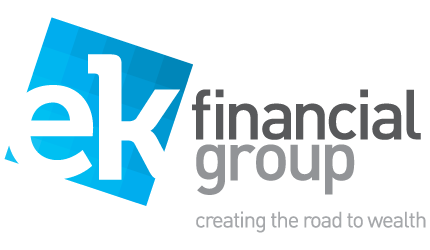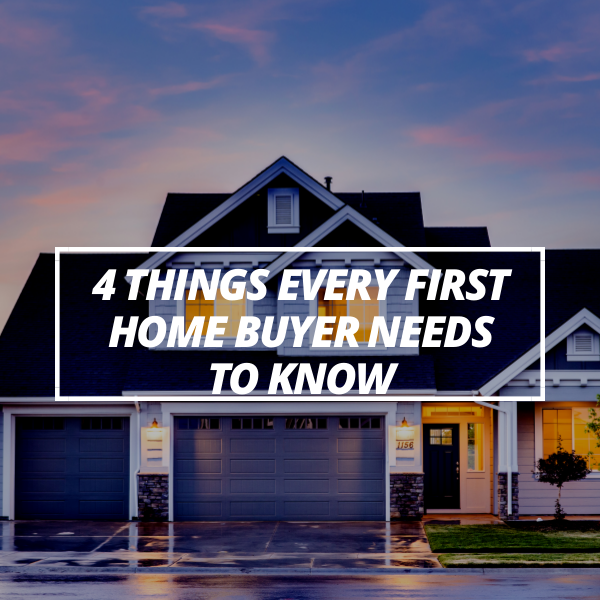Start the journey to buying your first home with the right knowledge
Thinking about buying your first home but don’t know where to start? Let me tell you, you are not alone. Day after day I am approached with precisely this problem, by first home buyers (parents, couples, singles, the guy renting next door), trying to work out exactly what they need to know to break into the housing market. In this post, I am going to cover the 4 things you need to understand to get started:
- All about your deposit
- Stamp duty facts
- The what and why of Lenders Mortgage Insurance
- Contract considerations
Deposits
As a first home buyer, you will already have an idea about what a deposit is; money that you have saved, to put together with a loan from the bank, to purchase a home. It is critical that you save a deposit with the absolute minimum amount being 5% of the purchase price of the home you want to buy.
The amount of the deposit you have saved and the purchase prices of the homes you are looking at buying, both effect the options you have when approaching a bank for a loan. If you have a large deposit saved, you will have a larger number of banks to choose from who would be willing to give you a mortgage. Due to the size of your deposit, the banks will not need to loan you as much for you to purchase your first home.
This has the following 3 advantages:
- You will have the ability to negotiate
- Access to lower interest rates
- Better loan terms
Typically, banks may lend up to 90%-95% of the purchase price of the home depending on the current housing economic and lending conditions. The lower the deposit you have means the more money the bank will need to lend you, which in turn greatly reduces the number of banks willing to give you a loan and your options can become limited.
If you only have a small deposit but want to increase your mortgage options, some banks may allow you to receive a “non-refundable gift” from a family member. This gift can then be used to increase your deposit amount.
Stamp duty facts
Stamp duty is a tax that is charged when you purchase a property in Australia. The amount that is charged for stamp duty changes and depends on which State you buy your home in. When it comes to stamp duty there are also special allowances for first home buyers.
In Victoria, if you purchase an established property for up to $600,000 and are a first home buyer, you will be charged NO stamp duty. If the purchase price is between $600,001 and $750,000, you will be charged a reduced amount of stamp duty.
If you want to build your first home, up to the value of $750,000, you may be eligible also for the First Home Owners Grant (FHOG). If you are eligible and are building in Victoria the grant is $10,000 or if you are building in regional Victoria you may receive a grant of $20,000. The FHOG is usually paid by the State Revenue Office directly to the bank and is then forwarded onto the builder.
If you are in Victoria and want to find out how much stamp duty you will be charged for buying your first home, the State Revenue Office has a free calculator you can use.
Lenders Mortgage Insurance
Lenders Mortgage Insurance (LMI) is a special type of insurance that banks take out for every mortgage that they hold. This insurance is in place to protect the bank should the customer, you, default on your loan repayments. If you miss a loan payment, the insurance company will pay the bank, however you will still owe the bank and will risk defaulting on your loan contract if you don’t make the payment.
LMI is a once off cost and in most cases, can be added to your mortgage, meaning you are able to pay it off over up to 30 years instead of in one lump sum.
When you have less than 20% deposit of the home you wish to buy, the amount the insurances company charges the bank to insure your loan is much higher, due to the higher level of risk. In these situations, instead of the bank covering the cost of the insurance, they forward the cost on to you. There are also criteria you need to meet for the insurance companies to cover your purchase. The most well-known of these criteria is Genuine Savings.
Genuine Savings is where the bank and insurance company want to see that you have been able to save or hold 5% of the purchase price in your own savings account for a minimum of 3 months. This gives the insurance company some comfort that you can consistently save money, which is like making regular mortgage repayments.
Contract considerations
When making big purchases it is smart to have solid contracts in place that clearly lay out what you are buying and the terms and conditions, this is especially true when buying your first home.
When you purchase a property, the real estate agent will provide you with a contract to sign that includes both the vendor’s (person selling) and buyer’s (you) details and details of the title for the property, including a Section 32. You will need to write down your offer to purchase the property in this contract, the real estate agent will pass this onto the vendor and if they are happy with the offer, they will accept and sign the contract.
When you are in the market for your first home, it is common to have a finance pre-approval from the bank. This means that the bank has already said they will loan you a certain amount to purchase a home. It is highly recommended that with or without this pre-approval that you add conditions to your contract.
Some traditional conditions you may have heard of are:
- Subject to finance – if your offer is accepted, you will be given about 1-2 weeks to have your finance “Formally Approved” by the bank. If you are unable to do this within the given timeframe, you can ask the vendor for more time (which they can accept or deny) or you can walk away from the contract without any financial penalties.
- Building and Pest Inspections – these are of high importance. If you are going to invest a large amount of money in your first home, you want to make sure it is in good condition. You will have a few days to arrange for professional building and pest inspectors to review the home and provide you with their reports. If the reports are good, the purchase proceeds, if the reports are unfavourable showing things like major structural damage or termites, you can walk away from the contract without any financial penalties.
 Ready to dive in and buy your first home?
Ready to dive in and buy your first home?
You now have the knowledge you need to start your first home buying journey. As exciting as it is, it can also be a little daunting. If you would like to chat further about buying your first home or getting the right loan, please feel free to give me a call – I am all over this stuff.
Over to you
Are you in the market to buy your first home? What is your biggest question?





